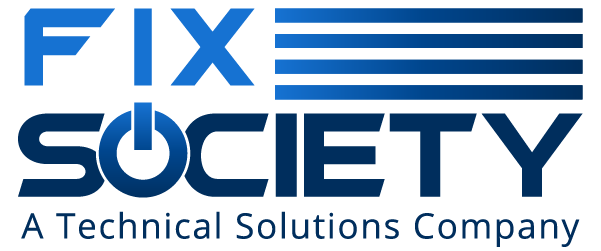Oh, to say, “I’ve never felt better!” and mean it. Maybe in November.
The Plain View
Like any good nonfiction writer, the Majority Staff (i.e., Democrats) of the House Subcommittee on Antitrust, Commercial, and Administrative Law has produced a long-read document distinguished by deep research and an unyielding thesis: Big Tech is too big, too bad, and fights dirty.
Sixteen months ago, the subcommittee set out to expose bad behavior in Silicon Valley’s top companies. Empowered with subpoenas, it had little trouble finding it. The docket of whistle-blowing witnesses and damning exhibits uncovered a litany of bullying, self-interested, anti-competitive behavior that justified the exercise, which some thought redundant because of ongoing investigations by the FTC, the DOJ, and state attorneys general. The tech overlords have built monopolies and weaponized them. They run platforms that favor their own products, and they use the data they gather to gain advantage over marketplace competitors or target them for buyout. They have the power to set prices, and they do so without sanction.
But if you pull back for a larger view, the report reveals something else—a sense that the committee has selectively invoked a lot of the ills of our economic and political system to make tech itself a villain. Let’s examine the attack vector of this report. The targets are Amazon, Apple, Facebook, and Google. (What, no Microsoft? Did they fail to note its trillion-dollar valuation, its glaring rapsheet, and its string of pricey acquisitions?) Every member of this fearsome quartet was deemed not only a monopoly but a corrupt one. But each dominates in a different arena, and each one’s abuses are different, with a few overlaps, like using their platform to favor their own products. What they have in common is that they are tech companies.
The obvious question—one that the report doesn’t really grapple with—is whether the technological advances themselves made the arc of these companies from idealistic startups to trillion-dollar predators inevitable. Each one of those companies has embraced digital progress to deliver real value to billions of people, creating products that we consume enthusiastically. The report concedes that, but goes on to say, “To put it simply, companies that once were scrappy, underdog startups that challenged the status quo have become the kinds of monopolies we last saw in the era of oil barons and railroad tycoons.”
Is there something about tech that turned these former dreamers into denizens of the dark side? According to a source familiar with the committee’s motives, the staff felt that tech companies are indeed unique in their network effects and the lock-in that their platforms provide. Maybe it wasn’t the corrupting nature of tech that made these companies break bad, but the fact that their dizzying growth drew them into the power trip that characterizes the unrestrained, Hobbesian way we do business in America.

Recent Comments